FAQs
-
There is metered parking all along Harvard St. The town of Brookline requires that you pay for parking until 8 pm. The meters are good for three hours at a time.
-
Yes! Call the shop at 617-383-5496.
-
As we are not a medical office and not technically considered medical staff we are not able to directly take insurance for medical tattoo services.
We will do all we can to aid you. We are not responsible for any decisions made by insurance companies in judgement of your claim.
Clients must first pay out of pocket and then submit for reimbursement through their insurance company.
Prices are as follows:
First 3D nipple or areola repigmentation tattoo - $500
Second 3D nipple or areola repigmentation tattoo - $200
Any necessary touch up visits - $200
-
As with all things, it is always good to do one’s own due diligence. We suggest calling the insurance company in question and asking them what documentation will be needed to submit for reimbursement.
Odyssey Wellness Tattoo will provide clients with a professional invoice complete with all documentation that displays Darlene’s credentials within the medical, reconstructive and cosmetic tattoo field as well as any and all medical codes needed for reimbursement.
Odyssey Wellness Tattoo will also provide a letter of medical necessity which is required by most insurance companies.
-
The Women’s Healthcare and Cancer Rights Act of 1998 (WHCRA) is a federal law that provides protection to patients who choose to have breast reconstruction in connection with a mastectomy. This includes any necessary reconstructive tattooing.
-
• Drinking the night before or morning of a tattoo appointment is unadvised. Alcohol will make the blood thinner and the possibility of excess bleeding more prevalent.
• We cannot tattoo sunburned skin. A burn is the body’s way of healing the skin from overexposure to the sun by drawing the blood closer to the skin’s surface. This will make the possibility of excess bleeding more prevalent.
• If you are on blood thinners for medical reasons you should consult your doctor before making an appointment.
• Fish oil is also very thinning to the blood and could lead to excess bleeding. These should be avoided for a few days prior to a tattoo appointment.
• Exercising the area to be tattooed the same day as the tattoo appointment is unadvised. This will pull excess blood into the area and make the possibility of excess bleeding more prevalent.
• Exercising the area where there is a new tattoo within five days is unadvised. This will create stress of movement to the new tattoo and could result in poor healing that could lead to a decrease in pigment retention. Gyms are also not healthy places for open skin. The likelihood of contracting Contact Dermatitis is high and could result in needing antibiotics.
-
• You will leave with a bandage on your new tattoo. Your artist will advise about when to remove the bandage.
• Wash the tattoo immediately upon removing bandage. Use a mild soap or cleanser free of dyes or fragrance.
• For the first 48 hours, wash the tattoo once or twice a day only.
• After the first 48 hours reduce washing the tattoo just once a day.
• At this point you can use a small amount of lotion as needed for comfort.
• Lotion does nothing for the actual healing process. It just keeps the tattoo comfortable while it heals. The best thing to help your tattoo heal its best is to stay hydrated, eat a healthy diet and get your sleep. Your body heals your tattoo so keep it healthy and happy.
• Within the first week you will notice that the tattoo is feeling dry and possibly looking duller than the day it was done. This means the top layer of skin will start to be flaky soon.
• While the tattoo is healing and before the flaky stage, do not soak the tattoo. This means no baths, sauna, hot tub or swimming. Showers only during this time.
• While the tattoo is in its flaky stage more lotion can be used. This stage in healing can be very itchy and the lotion helps manage the itching.
• While the tattoo is healing, sun exposure should be avoided. The skin is more vulnerable to UV rays and susceptible to burning. This can result in an infection which could result in pigment loss, an extended healing time, and possibly the need for antibiotics.
• Once the flaky stage is finished your new tattoo is technically healed and you can resume water activities.
• Always keep sunscreen on a new tattoo.

